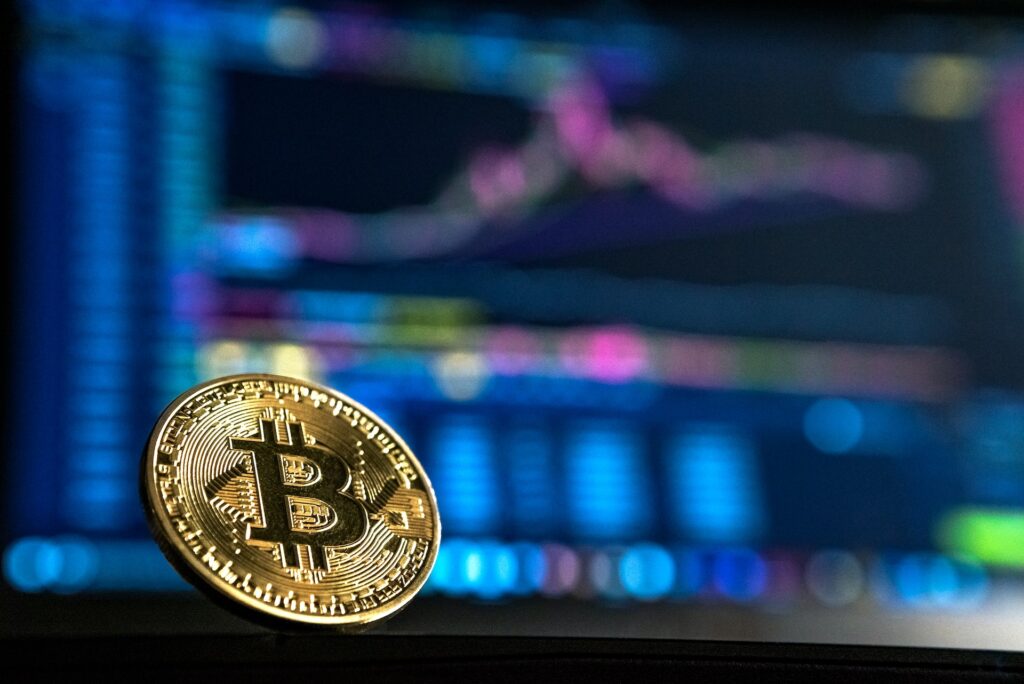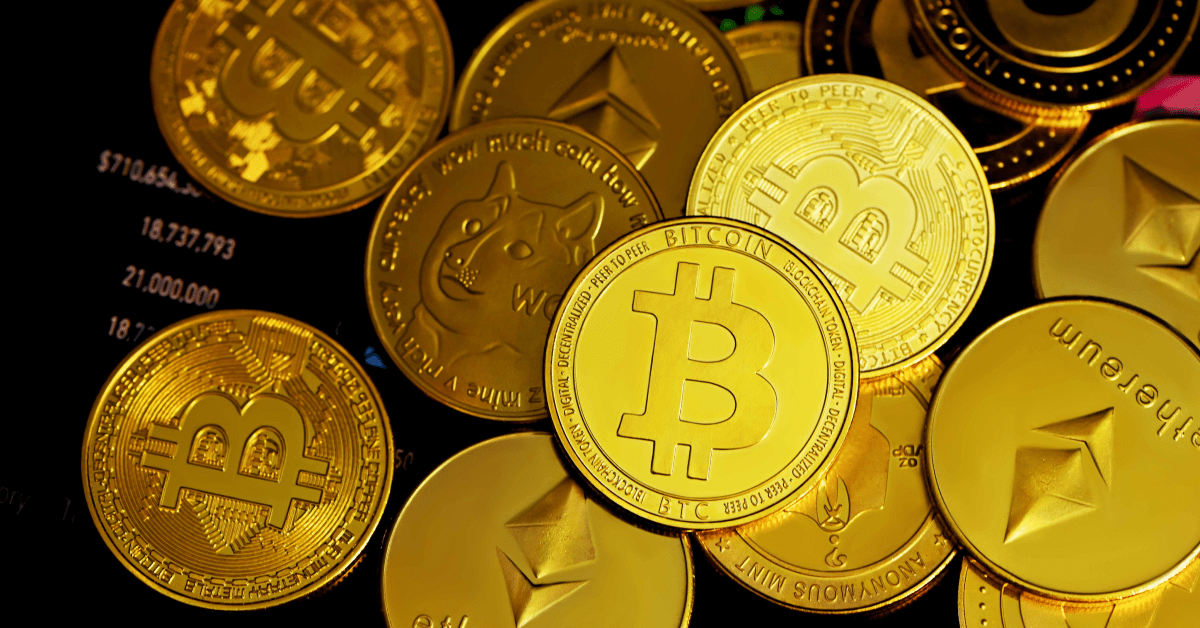Until last week’s spectacular collapse of the digital asset exchange FTX, the headlines were Iran’s use of cryptocurrencies to overcome the disadvantages of its isolation from the global financial system.
Earlier this month, Reuters news agency reported that leading crypto exchange Binance has processed $7.8 billion in Iranian crypto transactions since 2018, despite extensive US economic sanctions against Tehran.
Citing data from leading US blockchain researcher Chain analysis, the report found that almost all funds were transferred between Binance and Nobitex, Iran’s largest crypto exchange. Nobitex provides guidance on how to avoid sanctions on its website.
According to a Reuters report, in addition to the Tron token, Iran’s transactions also involved well-known cryptocurrencies such as Bitcoin, Ether, Tether, and XRP, as well as the smaller Litecoin token.
The revelations did not surprise Ali Plucinski, a cyber security analyst at risk intelligence firm RANE. “In recent years, Iran has increasingly used cryptocurrencies and crypto mining to evade US sanctions on its economy and increase domestic income with some success,” he told sources.
“Iran has significant natural resources, especially natural energy resources, and in response to heavy US sanctions on the oil and gas sector, Iran has diverted some of these resources to power generation to promote cryptocurrency and cryptocurrency accumulation.”
Cryptomining requires powerful computers that can solve complex numerical puzzles. A miner is rewarded with a certain amount of crypto for solving puzzles. Bitcoin mining is notoriously energy intensive.
According to the National Electricity Company of Iran, illegal crypto mining accounted for 10 percent of Iran’s total. power outages in the winter of 2021 and 20 percent in the summer of this year.
“After four decades of mixed sanctions, the Iranian government has developed a number of methods to circumvent sanctions, and crypto is certainly one of its tools,” said Barbara Slavin, director of the Future of Iran Initiative and a senior fellow at the Atlantic Council.
“I bet the Islamic Revolutionary Guard Corps is behind these ‘illegal’ mining operations,” he said. “I think it’s more of a governance phenomenon than something used by ordinary people who tend to hoard dollars or consumer goods to hedge against inflation.”
Plucinski noted that buying, selling, or investing in cryptocurrencies is illegal in Iran, and crypto payments in the country are also illegal.
“Citizens can engage in crypto-mining practices that are authorized by the Iranian government,” he said. “Encryption for personal gain is prohibited, and Iranian police have regularly cracked down on illegal mining operations across the country.”
Crypto was officially recognized by the Iranian regime in 2019. Miners had to identify and register, pay the electricity tariff and sell the mined bitcoins to the Central Bank of Iran.
“Iran’s move to cryptocurrencies has proven quite effective for the government to avoid US sanctions, as a recent Reuters article confirms,” Plucinski said.

In addition, mining proved to be profitable for Iran. In its 2022 Cybercrime Report, Chainalysis estimated that Iranians mined $186 million worth of Bitcoin between 2015 and 2021, most of which was in the past year. According to a 2021 report by blockchain analytics firm Elliptic, around
.5 percent of all global Bitcoin mining took place in Iran. The report also estimated Iran’s annual Bitcoin mining revenue at around $1 billion at the country’s then-mining levels.
“As these reports show, Iran has been remarkably successful in finding alternative ways to strengthen its economy through the production of cryptocurrencies, despite strong international sanctions,” Plucinski said.
“In August 2022, the Iranian government approved the use of cryptocurrencies to pay for imports, allowing the government to avoid extensive US sanctions on Iran’s financial and banking sectors.”
This month, Iran placed its first international order using $10 million worth of cryptocurrency. However, the government official who announced the order did not specify which cryptocurrency Iran used to pay for the goods.
“The Iranian government has announced plans to strengthen foreign trade with some countries using cryptocurrencies and smart contracts,” Plucinski said.
“Going forward, Iran is likely to continue investing in cryptocurrency usage and cryptocurrency mining to strengthen foreign trade initiatives.” However, significant limitations to
Tehran include the large amounts of electricity required for mining and the notoriously volatile valuation of cryptocurrencies, which can make the digital currency unreliable.
“Overall, however, cryptocurrency production remains a viable option for Iran to use its significant natural resources to increase the country’s assets and enable foreign trade while avoiding Western sanctions,” Plucinski said.
Arash Aziz, author of The Shadow Commander: Soleimani, the United States and Iran’s Global Ambitions and Ph.D. BA in history from New York University, cryptocurrencies are used in many ways in Iran “not only by the state and many semi-public institutions but also by private citizens and companies” because they are “a useful way to avoid sanctions for all parties”. .”
“For example, Iranian citizens with an address in Iran are blocked from many financial transactions (which are as simple as buying a product from many online stores) and crypto allows them to avoid the ban,” Azizi told the source. “It also is a good investment opportunity due to the fragility of the rial and the lack of many traditional investment opportunities.”
He added: “The Iranian regime invested resources and tried to explore its feasibility, seeing the obvious advantages of the possible use of cryptocurrency. But it has not yet become the main or even the main means of transfer.”
Tehran has also considered using crypto “in relations with armed forces in the region and in certain relations with Russia.”
However, it has had problems. “For example, the administration found that cryptocurrency trading is not as illegal as some have imagined, and there are significant barriers to doing so,” Azizi said.
“Iran is not only threatened by nuclear sanctions but is blacklisted by the FATF (Financial Action Task Force) and therefore any action against the country is sensitive.
Source:Reuters, Arab News





Leave a Reply